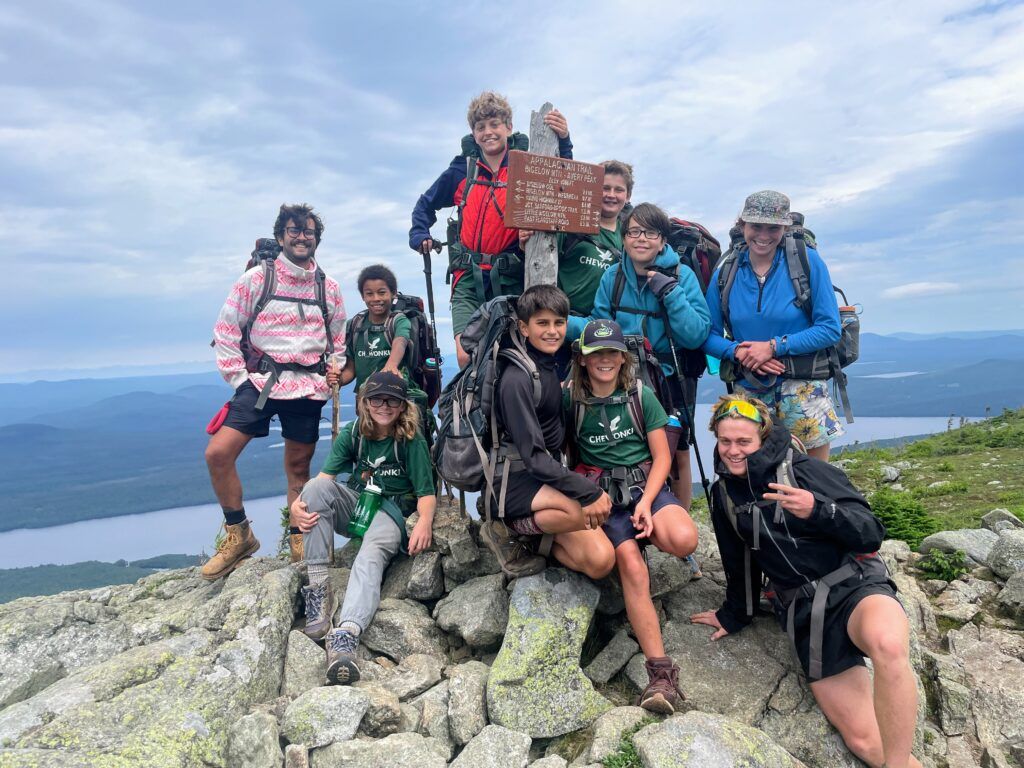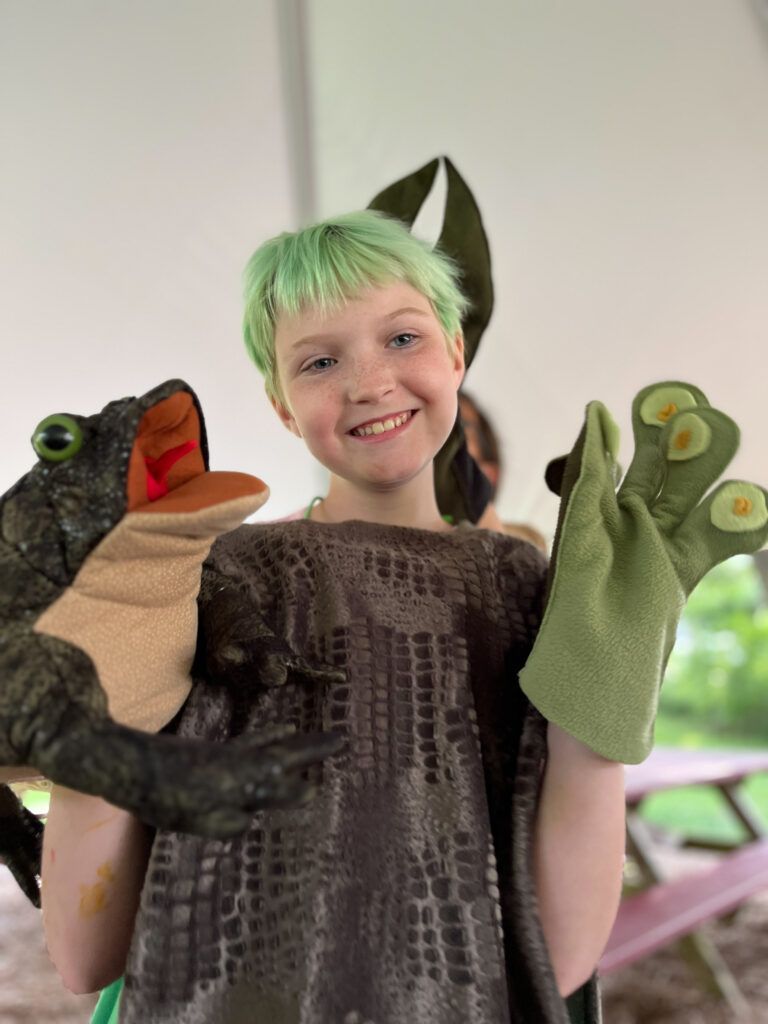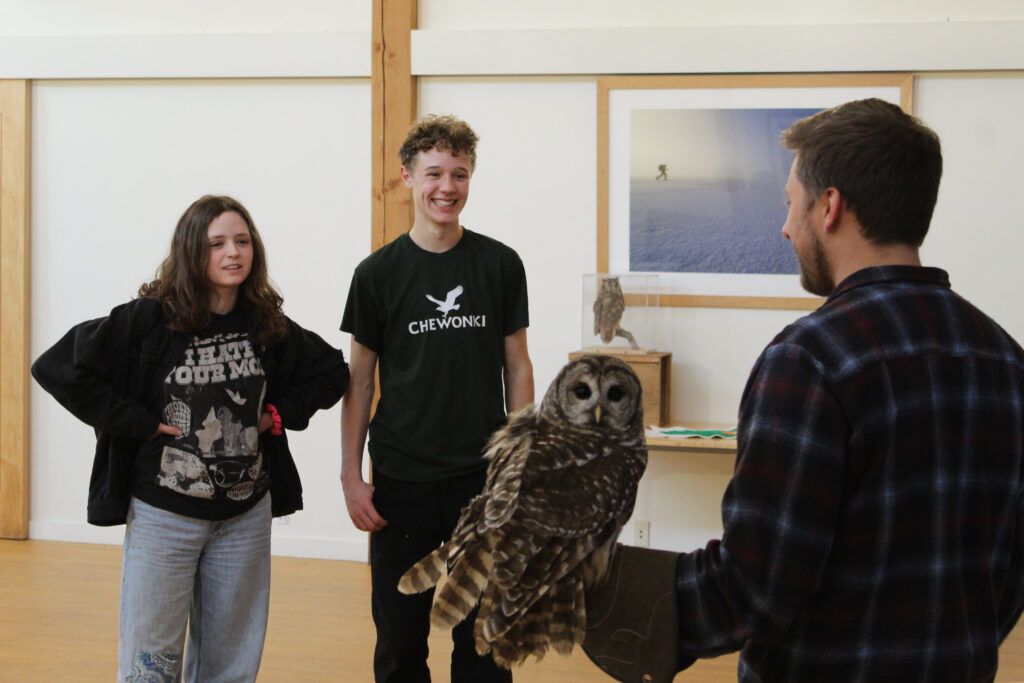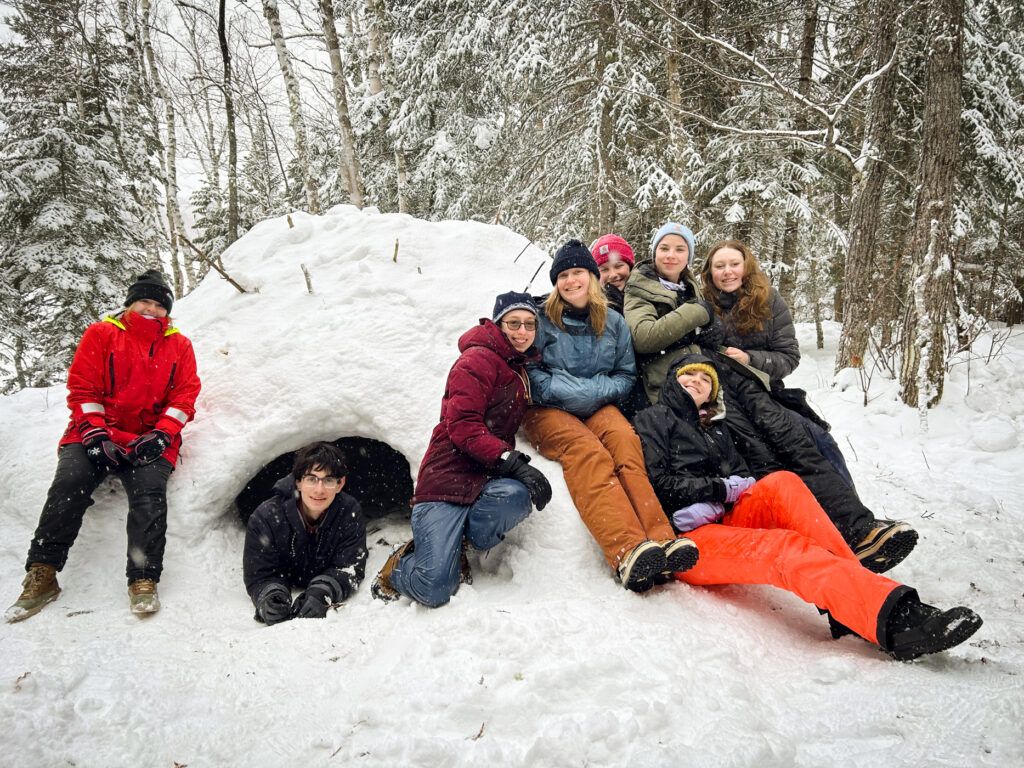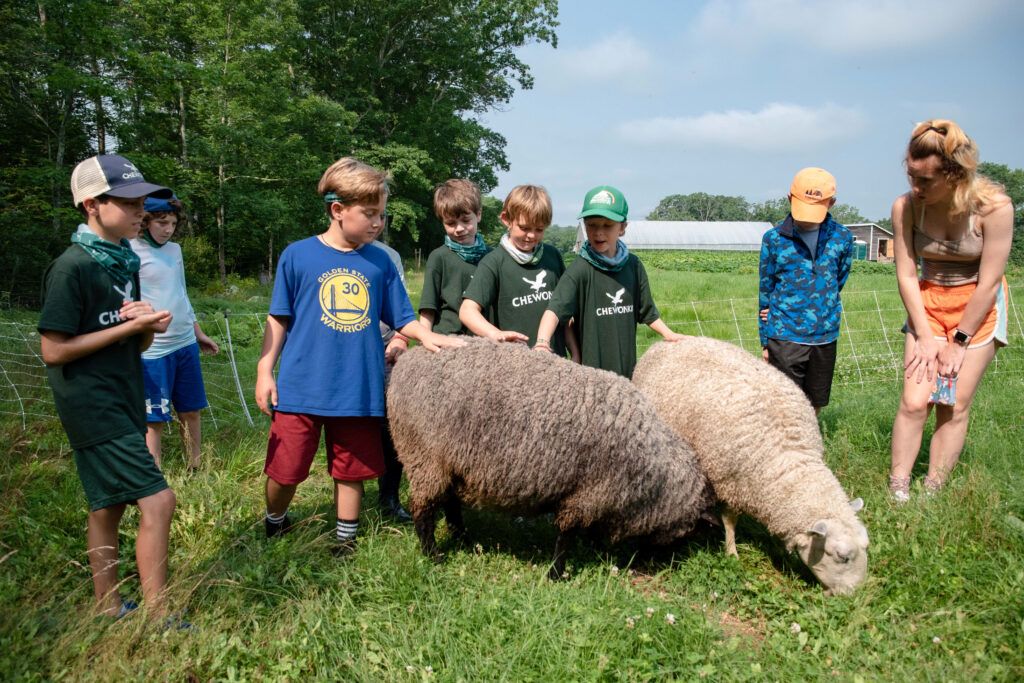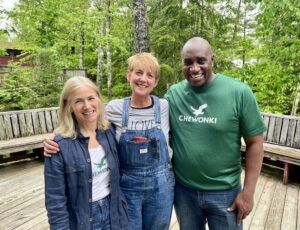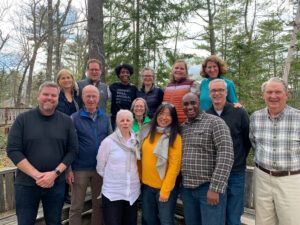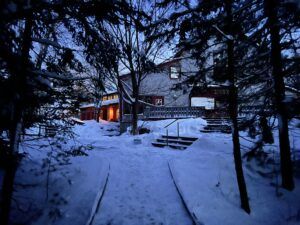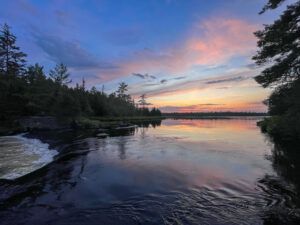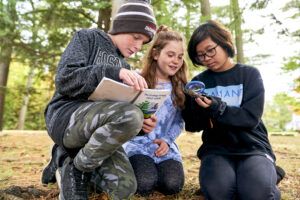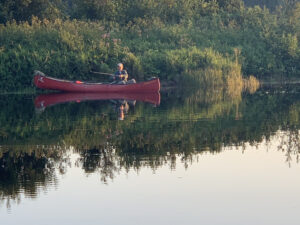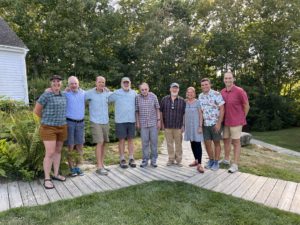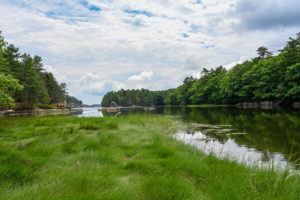President’s Notes
I often travel around the country for Chewonki, meeting parents and visiting our school partners, and sometimes I am surprised that people ask, “Nancy, I don’t really understand. Why do children need nature-based education?”
This is my response: Turn on the news, pick up a newspaper or magazine, read a blog, or watch a TED Talk. Everyone is talking about the negative influence of social media on youth mental health, self-esteem, and social engagement. They express despair over a fractured political system. Research scientists wave the red flag about the perils for children with sedentary lifestyles and spending too much time indoors. Nature is signaling, in sometimes dramatic patterns, a rapidly changing climate. And teachers across the nation share concerns about an education system that feels flat, with teaching methods that leave them feeling disempowered and disengaged from their learners.
Chewonki’s thoughtful programmatic choices— like tech-free experiences that teach students and campers how to discover who they are, and how they fit into the world through hands-on activities— help our children develop communication and community skills. These experiences provide tools to reduce their anxieties, connect with people and nature, and become critical thinkers. Our participants find out that they can do more than they thought possible and hone in on what they value, fear, and love, defining for themselves what is uniquely theirs to give.
A few weeks ago, I sat in on some classes with Maine Coast Semester students and one of the classes was Natural History and Ecology of the Maine Coast. During this class, students presented in groups on their discoveries about the tree species and various birds they were assigned to study. Here is what stood out for me:
I was struck by the creativity of their “whole body” presentations, which included physical movement, visual aids, art, and poetry, alongside principles of ecology. The students were collegial, shared the space and the assignment, brought humor to it, and each student had the chance to showcase their strengths. I was also struck by how I felt when the class was over: disappointed that it came to an end, fired up to do my own research and learn more, committed to addressing climate change concerns in my own life, and connected in a new way to the group.
You know that the balance of our programming takes kids and teens outside, developing their curiosity and knowledge about the world around them, moving their bodies in sometimes new ways, and challenging them physically, intellectually, emotionally, and spiritually in the natural world. When classroom and cabin time spills out past four walls, Chewonki’s core attributes and elements enable our community of educators from every program (Camp Chewonki, Maine Coast Semester, Outdoor Classroom, Traveling Natural History Program, and, yes, including the wonderful, caring people who staff our support departments) to weave their deep, developed, and shared educational philosophy of the whole child and their knowledge of social/emotional age-progressive benchmarks through every activity and class we offer. They connect each piece to the thread that binds it all—our mission:
“Chewonki inspires transformative growth, teaches appreciation and stewardship of the natural world, and challenges people to build thriving, sustainable communities throughout their lives.”
This mission is worth fighting for because, as long as we are here, we can educate young people in our particular ways and do what we have done for years: create conditions for transformative growth that happens at Chewonki. Games like Rocks and our all-campus scavenger hunts, solo time, chores, bird walks, dish crew, community conversations, cabin meetings, live animal presentations, outdoor living skills, trips, music, campfires, art, and thoughtful instruction all lead to sending young people back home who are now determined to take charge of their education, take responsibility for their relationships with themselves, others, and nature, and are determined to give back to their worlds at least as much as they take from them for the rest of their lives.
I think that is worth fighting for.

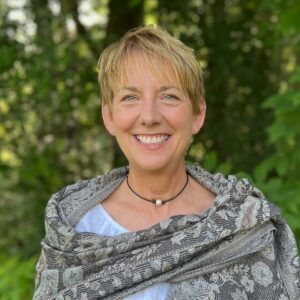
Nancy Kennedy
Acting President
